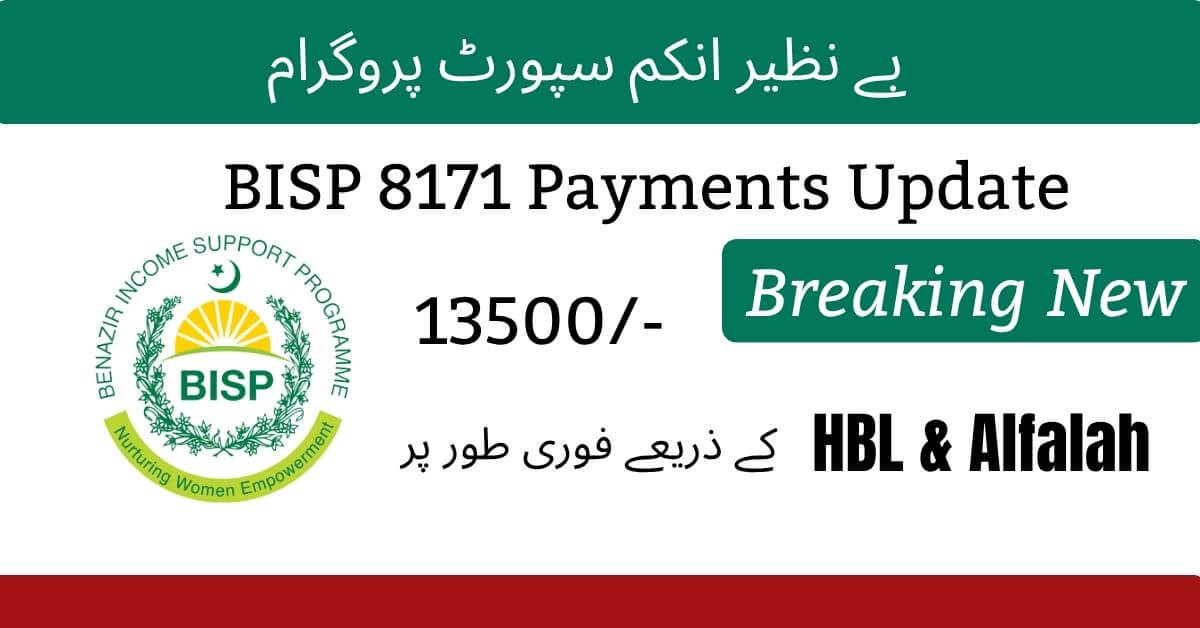Immigrate to Canada with a Low CRS Score and unlock exciting job opportunities even if your Comprehensive Ranking System (CRS) score isn’t high enough for traditional Express Entry programs. Many employers in Canada are actively hiring skilled and semi-skilled workers for various industries such as agriculture, hospitality, construction, and manufacturing.
These roles often offer salaries between $10 and $15 USD per hour (or the Canadian dollar equivalent), depending on the job type and experience.
Most positions are full-time and physically on-site, giving newcomers valuable hands-on experience and career stability. While remote work options are limited, gaining Canadian work experience can greatly improve your chances of obtaining permanent residency later. This is a fantastic opportunity for individuals looking to build a secure future and start a new chapter of life in one of the world’s most welcoming countries.
What Is a CRS Score?
The CRS score is a point-based system used in Canada’s Express Entry program to rank candidates based on age, education, work experience, language skills, and other factors. The higher your CRS score, the better your chances of receiving an Invitation to Apply (ITA) for permanent residency.
However, if your score is below recent cutoffs, don’t worry many other options exist beyond Express Entry.
Provincial Nominee Programs (PNPs):
One of the easiest ways to immigrate to Canada with a low CRS score is through Provincial Nominee Programs (PNPs). Canadian provinces can select candidates who match their local labor needs.
Each province runs its own program with unique requirements. Some popular ones include:
- Ontario Immigrant Nominee Program (OINP)
- Saskatchewan Immigrant Nominee Program (SINP)
- Alberta Advantage Immigration Program (AAIP)
- Manitoba Provincial Nominee Program (MPNP)
A provincial nomination adds 600 points to your CRS score, guaranteeing an invitation under Express Entry.
Apply Through Occupation-Specific Streams:
Many provinces invite applicants with specific work experience in high-demand occupations even if their CRS score is below average.
For example:
- Saskatchewan’s SINP often invites foreign workers in healthcare, IT, or construction.
- Alberta’s AAIP sometimes selects candidates with CRS scores as low as 300.
Checking provincial occupation lists regularly can help you find opportunities that fit your profile.
Study in Canada for Better Immigration Chances:
Studying in Canada is a long-term but effective path to permanent residency. International students gain:
- Canadian education credentials
- Local work experience
- Extra CRS points
After graduation, students can apply for a Post-Graduation Work Permit (PGWP) and later qualify for PR through programs like Canadian Experience Class (CEC) or PNPs.
Get a Job Offer from a Canadian Employer:
A valid LMIA-approved job offer from a Canadian employer can significantly boost your immigration profile. Some provinces also offer employer-driven PNP streams, where an offer of employment directly leads to nomination.
Pro tip: Focus on in-demand jobs like healthcare, IT, agriculture, hospitality, and skilled trades sectors that often face labor shortages.
Improve Your CRS Score Strategically:
If you’re close to the cutoff, try these proven ways to raise your score:
- Retake your IELTS or CELPIP to improve language points.
- Add a spouse’s language or education credentials.
- Gain more work experience or obtain Canadian job certification.
- Apply for a provincial nomination to add 600 points instantly.
Check More: Immigrating to Ontario for Work
Atlantic Immigration Program (AIP):
The Atlantic Immigration Program is another great route for those with low CRS scores. It’s designed for skilled workers and international graduates who want to live in one of the four Atlantic provinces Nova Scotia, New Brunswick, Newfoundland and Labrador, or Prince Edward Island.
Applicants don’t need a high CRS score, just a valid job offer from a designated employer.
Rural and Northern Immigration Pilot (RNIP):
If you’re open to living in smaller communities, consider the RNIP. This program allows local employers in rural areas to sponsor foreign workers for permanent residency and no CRS score requirement applies.
Conclusion:
Even if your CRS score is low, Canada offers multiple immigration pathways to make your dream a reality. From provincial nominations and job offers to study routes and rural programs, you can find a path that fits your skills and goals.
Start preparing your documents, research the right program, and stay consistent because your Canadian dream is closer than you think.
Frequently Asked Questions:
-
Can I immigrate to Canada with a low CRS score?
Yes, you can. Programs like the Provincial Nominee Program (PNP), Atlantic Immigration Program (AIP), and Rural and Northern Immigration Pilot (RNIP) allow candidates with low CRS scores to qualify for permanent residency.
-
Which province in Canada accepts low CRS scores?
Provinces like Alberta, Saskatchewan, and Manitoba often invite applicants with CRS scores as low as 300 or even lower, depending on labor market needs.
-
How can I increase my CRS score quickly?
You can improve your CRS score by retaking the IELTS for higher language points, adding a spouse’s qualifications, or getting a provincial nomination, which adds 600 points instantly.






